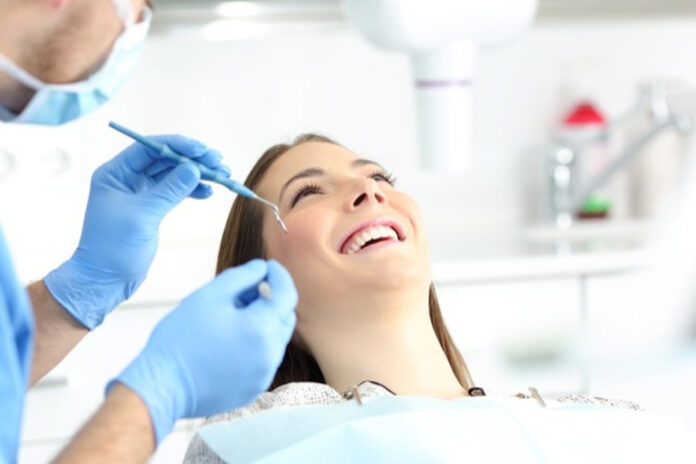Intro:
Maintaining solid oral health is just as essential as maintaining physical and mental health for freelancers. Most independent contractors identify as solopreneurs. Therefore, their operations depend on their ability to continue completing assignments and projects.
If freelancers fall ill, it impacts their capabilities to deliver high-quality work on time. A nagging toothache or advancing cavity will distract professionals from their responsibilities.
Thus, self-employed dental insurance becomes an essential component of a freelancer’s tool kit.
Freelancers are small business owners who handle all operations tasks, even on a small scale. Independent contractors must also maintain their brands.
Clients seek to hire responsible freelancers who will deliver high-quality output on time. The work will speak for itself as entrepreneurs add projects to their portfolios and clients to their resumes.
However, appearance also plays a role in landing contracts. When independent contractors invest in their dental health, they also invest in their businesses. Therefore, insurance becomes an investment instead of an expense.
The following are three reasons to get dental insurance for freelancers.
1. Manage Dental Costs
Some freelancers will complete calculations before purchasing insurance for their oral health. Coverage for dental procedures is not the same as it was 10 or 20 years ago.
Nonetheless, coverage does help many professionals manage their dental costs.
Some providers offer:
- 100% coverage for preventive care, such as dental cleanings twice a year and x-rays
- 80% coverage for standard procedures, such as filings
- 50% coverage for restorative procedures, such as crowns and dentures
The average dental costs that patients will incur are:
- $150 for cleanings with x-rays
- $200 to $600 for dental fillings
- $1,000 to $1,500 for dental crowns
- $1,500 to $3,000 for dentures
Therefore, insurance does save patients money when they need treatments.
The average monthly cost for dental insurance ranges between $30 to $140. The higher the monthly premium, the more the policy will cover. Freelancers prone to cavities benefit from purchasing plans that cover higher percentages for dental work costs.
Some will find it difficult to justify paying more in premiums annually than dental cleanings. However, the need for dental work can occur without warning.
Thus, insurance acts as a safety net.
2. Reminder to Visit the Dentist
Freelancers who only need to visit their dentist once every six months for dental cleanings can still view their policy positively. It’s a reminder to make regular appointments and cash in their cleanings.
The Centers for Disease Control and Prevention also keeps track of public oral health. In 2020, it found that 63% of Americans had visited the dentist in the last year.
From 2015 to 2018, the agency found that 20% of the public had untreated cavities, depending on age category. The statistic sounds great in theory. However, untreated cavities usually turn into expensive dental procedures, such as:
- Dental extractions
- Root canals
- Dental implants
- Bridges
- Dentures
Solopreneurs have little to no time to stop working. Paying for insurance encourages them to take preventive measures instead of waiting for cavities to progress or for the pain to become obvious.
3. Pays for Preventive Procedures
Although most dental insurance policies will not cover 100% of treatment costs, they will ease them.
If the plan covers 50% of crown costs, that’s a savings of $500 to $750 in some cases.
In 2019, some research showed that 15 million Americans had at least one crown placed on their teeth. The American Association of Endodontists estimates that professionals perform 41,000 root canals daily.
The dental field has made several advances. It used technology to make treatments and procedures more tolerable while increasing patient comfort.
However, it’s still better to prevent the need for these treatments and procedures than to anticipate them.
Thus, dental policies pay for preventive procedures that cure cavities before they decay or become infected.
Since independent contractors represent themselves, they must maintain a professional appearance. Even if funds are tight for solopreneurs, a bright smile shows that they care for themselves. Therefore, clients will have more confidence in hiring them.
A bright, healthy smile goes a long way.
Conclusion
Some freelancers will view dental insurance as an added expense. However, it’s beneficial to perceive it as an investment in oral health. When freelancers require expensive treatment, dental insurance helps defray the costs.































